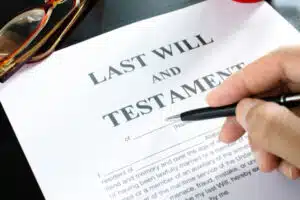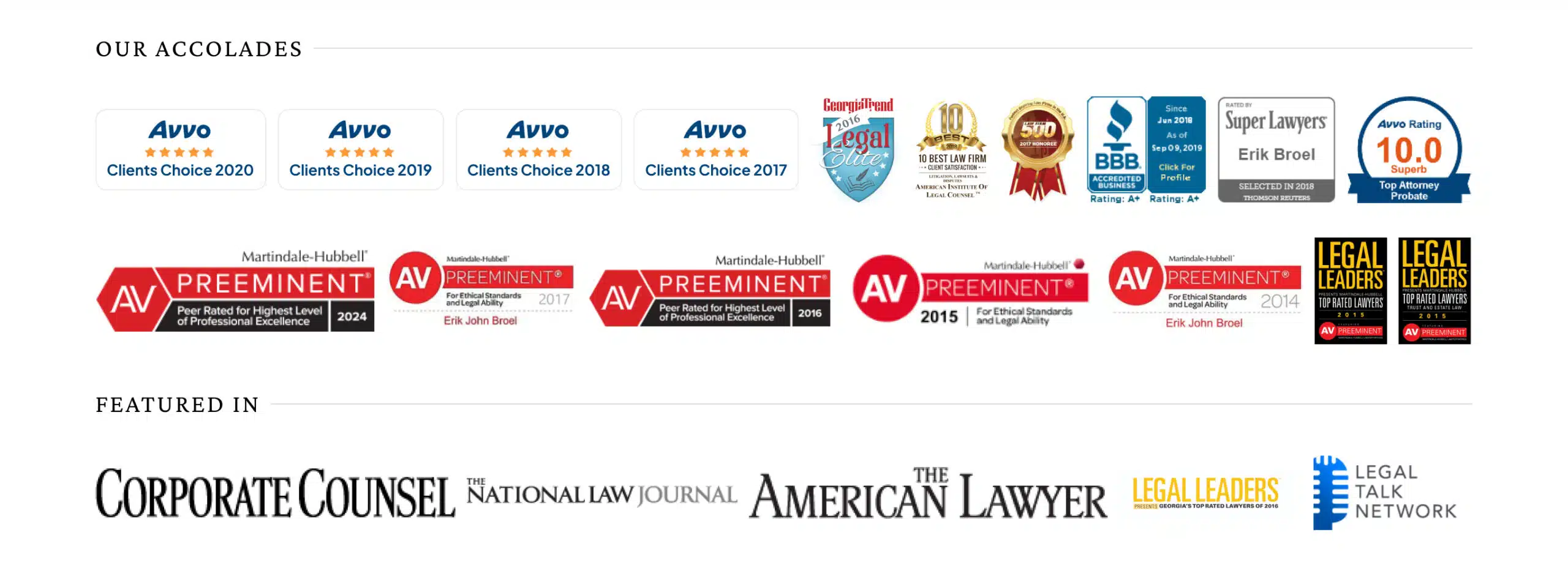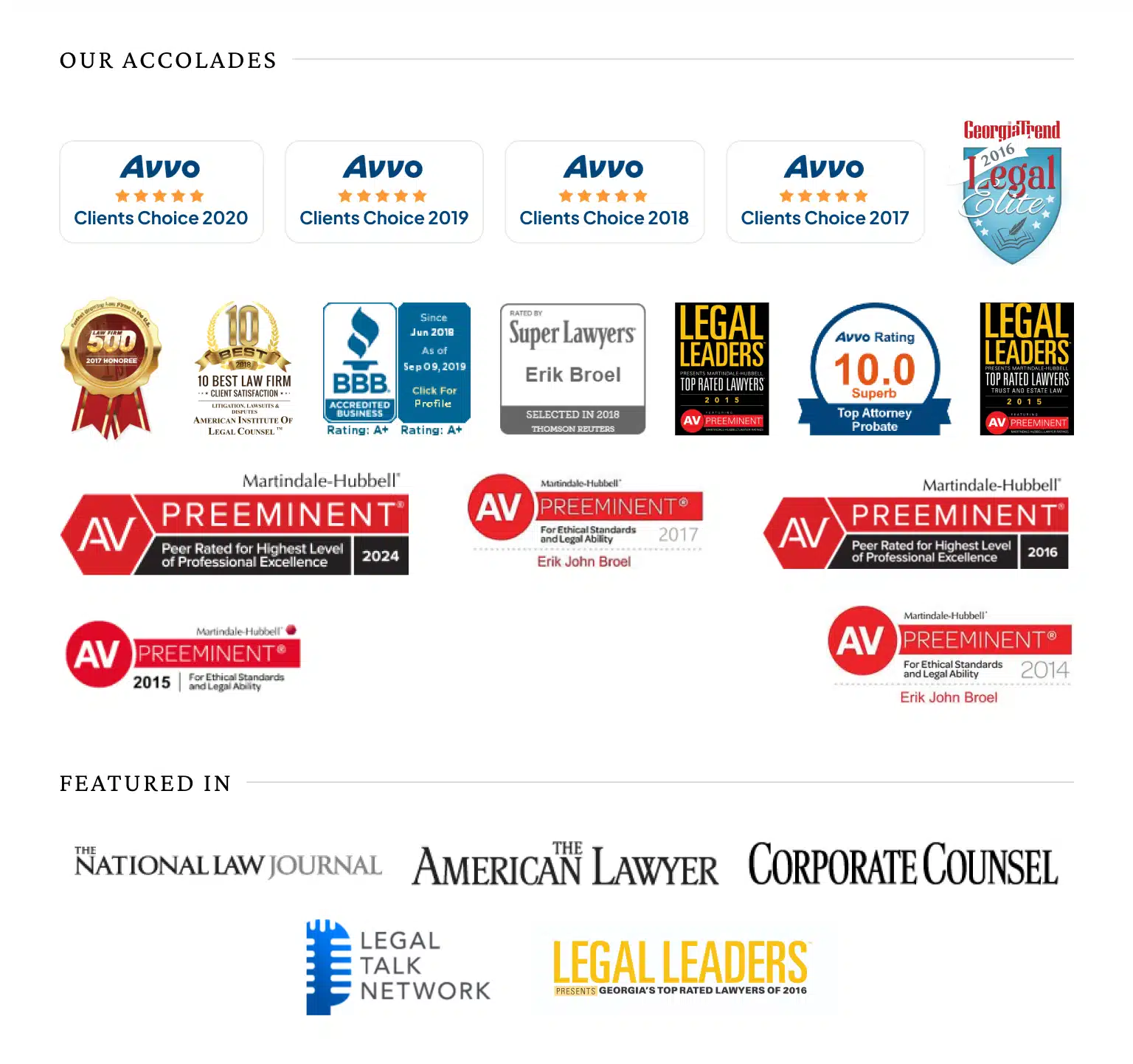Knowing the difference between a will and a trust – trust vs will – can be incredibly helpful when you have lost a loved one. It can be complicated when your loved one has either of these documents or, even worse, none of these documents.
In this post, we’ll discuss what trusts and wills are, their potential benefits, and what you need to consider in order to facilitate the future administering of the estate.

A last will and testament is a legal and official document that indicates how your properties and assets will be distributed after your death and may help avoid disputes between your family members.
You can use a will to:
After your loved one has passed away, the estate may need to go through probate, which is the process of validating the will. It is essential to understand who has been nominated in the will as the Executor.
Once they have begun the probate process, the probate court may appoint the Executor to act on behalf of the estate. The assets that are included in the estate may be distributed to the designated beneficiaries only after the probate process has been completed.

A trust is a legal arrangement where an individual (also known as a grantor, trustor, or settlor) places their assets in the care of a third party (trustee) for the benefit of another person (beneficiaries).
When a trust is created, the document will typically include details about:
As the next step, the testator must fund the trust and can do this by transferring the assets into the trust’s account.
This is where our firm has seen the disadvantage of creating a trust.
Many times, there are assets that have not been titled into the trust. This causes the deceased’s loved ones to have to go through probate and administer the trust, which can cause twice the amount of work.
Typically, the assets that could be included in a trust are:
There should be a trustee listed in the trust documents to carry out the trust’s wishes and administer it. We recommend contacting our office if you need assistance with understanding or administering the trust.
Even if trusts could have different forms, each of them with its own benefits, here are the most common ones you should be aware of:
Can be changed or canceled by the trustor during their life, allowing them to maintain control over the trust and their assets. The settlor can also add or remove assets and change beneficiaries if they change their mind.
Upon the grantor’s death, the revocable trusts become irrevocable trusts.
It cannot be amended, modified, or terminated without the trust’s beneficiary’s permission or by a court’s order. Once the grantor adds assets to the trust, he gives up control over them and can access them only if they meet certain conditions.
It is a legal arrangement that allows people with disabilities to receive financial support from a trust for a particular purpose without affecting their rights and eligibility for public assistance and federal support.
This is an irrevocable trust and is created to support different charities and, if applicable, to offer tax benefits to the grantor.
This is a special trust created as a part of the last will and testament, where the trustor transfers assets into the trust upon their death. A testamentary trust can have minors as beneficiaries, and the assets will be paid out to them only at a certain age.
In their will, the settlor may create a testamentary trust for each beneficiary and split the inheritance equally or create a family trust that can be distributed according to each beneficiary’s needs.
Because the testamentary trust is a part of your loved one’s last will and testament, the probate process may need to occur in order to properly administer the estate.


In the state of Georgia, your loved one may have a trust or a will or both, depending on what their preferences were before they passed away. In either case, it can be difficult for the family to understand what to do next and how to understand these documents.
We can help you navigate that complicated process.
Our firm recommends that everyone have a Last Will and Testament.
It is an important document to have that directs loved ones into how to handle the deceased’s last wishes.
If the deceased has not left a will then the distribution of the estate will be left to the direct next of kin, which may not be what the deceased had intended.
For most people, making a will would be typically the fastest, easiest, and most affordable way to plan and distribute their inheritance.

In short, yes. In Georgia, your loved one may have left a will or a trust.
A last will and testament helps to ensure that your loved one’s assets will be distributed to the nominated beneficiaries and not according to intestacy law.
If the deceased has minor children or dependents, there may be a guardian named in the will for them.
On the other hand, when the deceased has left a trust, and it is titled correctly for every asset, then probate may be avoided, which can help settle the estate more quickly.
However, our firm has seen in many situations that the trust has not been set up correctly, which can cause the family of the deceased to have to do twice the amount of administrative work.
In conclusion, if your loved one has left a will, a trust, or neither, our firm can help you understand what your responsibilities are regarding the estate and assist you in the administration.
Schedule a consultation or call us at (770) 796-4685 to speak with one of our team members about your specific situation. Our experienced probate attorneys are always here to help you.
Disclaimer These websites have not been reviewed by Georgia Probate Law Group and are not endorsed or even recommended by Georgia Probate Law Group. These websites are additional resources that you can use to further your general education on this topic.
Disclaimer: The information above is provided for general information only and should not be considered legal advice. Our probate attorneys provide legal advice to our clients after talking about the specific circumstances of the client’s situation. Our law firm cannot give you legal advice unless we understand your situation by talking with you. Please contact our law office to receive specific information about your situation.
Compassionate listeners, knowledgeable guidance. Schedule a free consultation with our team and let us help you and your family with your legal concerns.
GET IN TOUCH 770-796-4685Learn Important Probate Essentials, including key things that go wrong in an estate, how to prevent them, and what to do if they happen.



© 2025 Georgia Probate Law Group by Broel Law, LLC. All rights reserved.